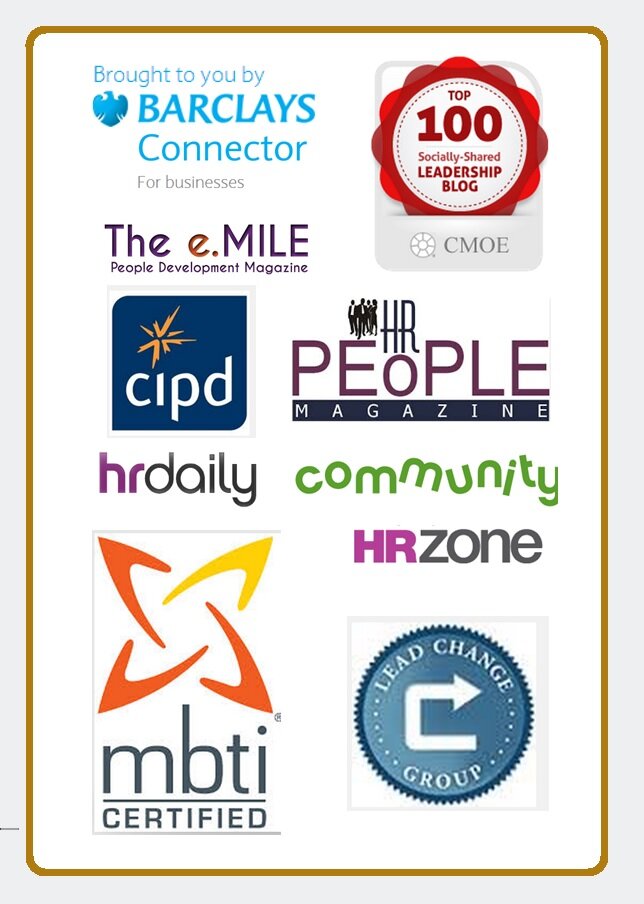Conflict often requires professional HR Expertise
Have you ever dreaded going to work because you didn’t want to deal with all the conflict? Maybe you didn’t want to face a boss who nitpicks and over-analyzes everything or work with a co-worker who is constantly texting while you’re trying to explain something important. Well, you’re certainly not alone.
Research shows that chronic unresolved conflict is a decisive factor in at least 50% of employee departures. Further, roughly 65% of employee performance problems are caused by strained relationships between employees. What’s more, managers spend 25-40%
of their time dealing with workplace conflicts. That’s up to 2 full work days every week that they’re not getting any real work done! As workplace conflict expert Daniel Dana, Ph.D. states, “Unresolved conflict represents the largest reducible cost in many businesses…yet it remains largely unrecognized.”
A Hidden Cause of Workplace Conflict
But what is the cause of all this conflict? Of course, individual personality differences play a role. However, one of the biggest hidden causes of workplace conflict is generational differences.
After all, a company founder who was born in the 1920s and grew up during the impoverished Great Depression has a very different work nature than a new hire who was born in the 1990s and grew up in the generally abundant and constantly connected Information Age. Basically, since they grew up in such different times, they come from completely different worlds and have very different perspectives and values. It’s not surprising that the latter might be reluctant to play by, or even understand, the rules of the former. With so many generational differences across an organization, it’s no wonder there’s so much conflict! So, where do we start in reducing this generational conflict? Unfortunately, when we look closely at the traditional approaches to generations (like Baby Boomers, Gen X, Gen Y, etc.), we find some significant problems.
The Traditional Generational Approaches
The traditional approaches to generations are flawed in a number of ways. First, they take randomly-chosen periods of time to try to create generational profiles. But, arbitrary time frames such as a boom in the birth rate after World War II, or historical social cycles, do not accurately reflect powerful shared social experiences or exponential technological change.
This great article is from the our 6 months themed series based on the Centre for Creative Leaderships Report of 2013, in which they identified the 6 top challenges for leaders across the globe: Don't Miss Out! Sign up here to be notified of subsequent issues and posts

If you are a leader, you are continually developing and "Sharpening the Saw". If you lead and manage teams, then you must read about our Inspirational New Leadership Programme. Sign up now to find out more details when we launch in July 2014. There is no obligation to undertake the programme, if you sign up today, you will simply be sent more information about the programme. You can unsubscribe at any time! Click below to register for further information.


